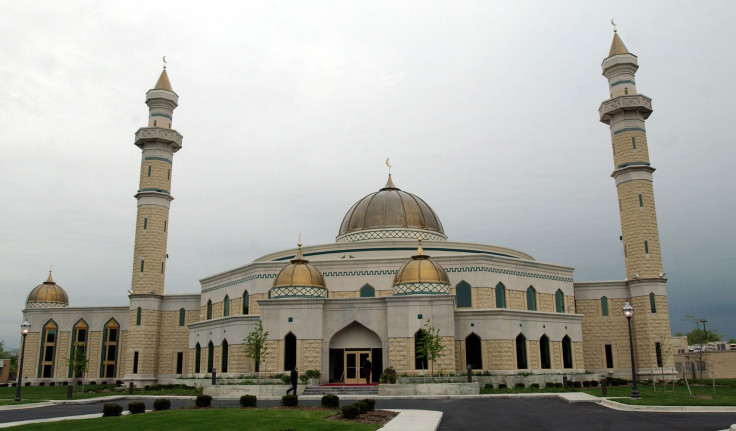Sterling Heights Mosque Proposal Rejected: Michigan Officials Deny Group's Planning Commission Application Amid Cheers, Anti-Islam Epithets

City planning officials in a Detroit suburb on Thursday rejected a much-debated plan to build a four-acre mosque and recreation center in a residential area, sparking outrage among the local Muslim community. The Sterling Heights, Michigan, planning commission’s decision was greeted with cheers and anti-Islam epithets from a crowd outside the meeting place, Al Jazeera America reported.
People gathered at Sterling Heights City Hall chanted, “No more mosques,” and waved American flags, prompting some Muslims to accuse city officials of anti-Islam bias. “We’ll take it to the Supreme Court if we have to,” said a mosque plan supporter after the commission's vote, according to the AJAM report. The same woman later tweeted her concern.
I knew Muslims were disliked but I never knew it was to this extent. Hate doesn't even begin to describe what these people feel towards us..
— Linda❁ (@LindaDbouk) September 11, 2015Dawud Walid, the executive director of a Michigan branch of the Council on Arab-Islamic Relations, the U.S. Muslim civil rights organization, said he wanted the Justice Department to investigate Sterling Heights’ process in reviewing a mosque proposal. Federal law prohibits cities from rejecting special use permits on private property based on a community’s disdain for a religion, Walid said.
The planning commission’s rejection of the mosque was “based on objective land use criteria and not emotional feelings tied to religious beliefs,” said Michael Taylor, the city’s mayor. “Sterling Heights has a solid reputation for inclusiveness and tolerance, reflected in a wide variety of places of worship across the city, including a Sikh Temple, a Buddhist temple and two existing mosques,” Taylor said Thursday night in a statement after the vote.
There had been intense public pressure for officials to reject the mosque proposal, according to Al Jazeera. The nine-member Planning Commission and members of the city council reportedly received calls, emails and public comments against the construction of a new mosque in the area, which has a fast-growing Muslim minority. The region also has a sizeable population of Iraqi Christians, an oppressed religious and ethnic group with origins in the Middle East, who opposed the mosque plan.
“Not allowing this mosque to be built is in violation of my constitutional rights,” Jeff Chehab, a representative of the organization seeking to build the mosque, said after the planning commission vote Thursday night. “Maybe public pressure is mounting on the planning commission, but this is not about public pressure. It’s about the rule of law,” he added.
© Copyright IBTimes 2024. All rights reserved.






















